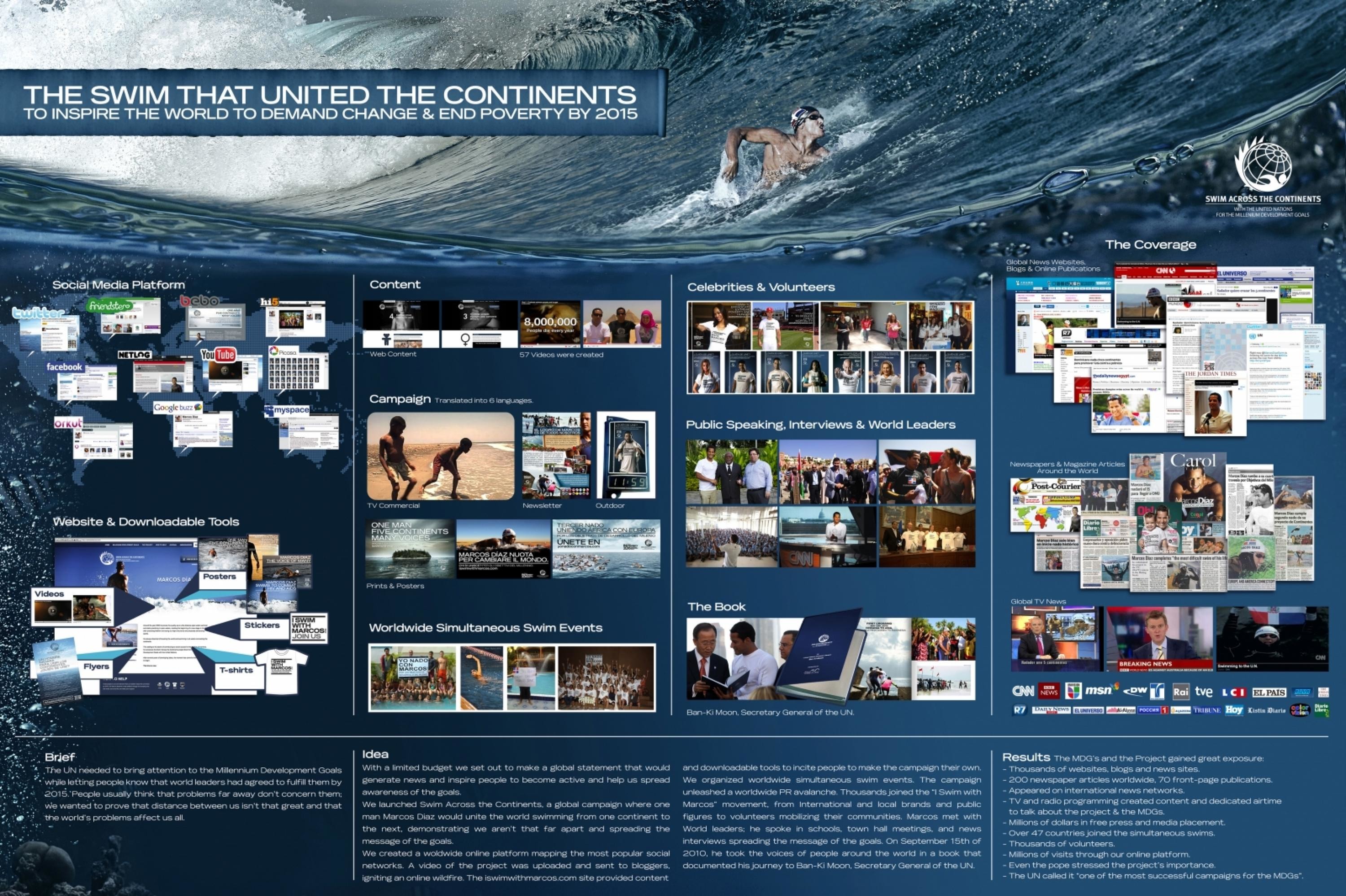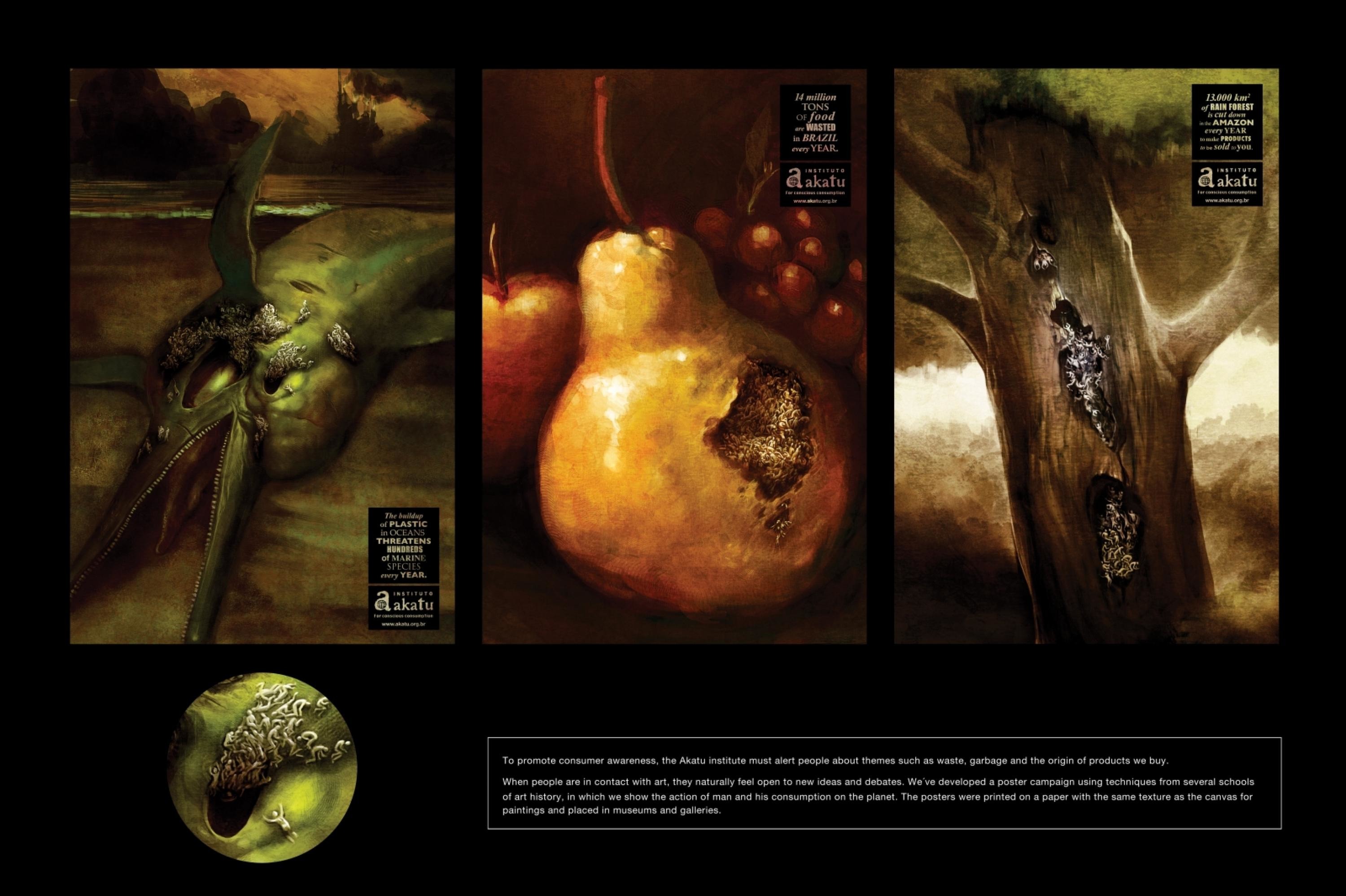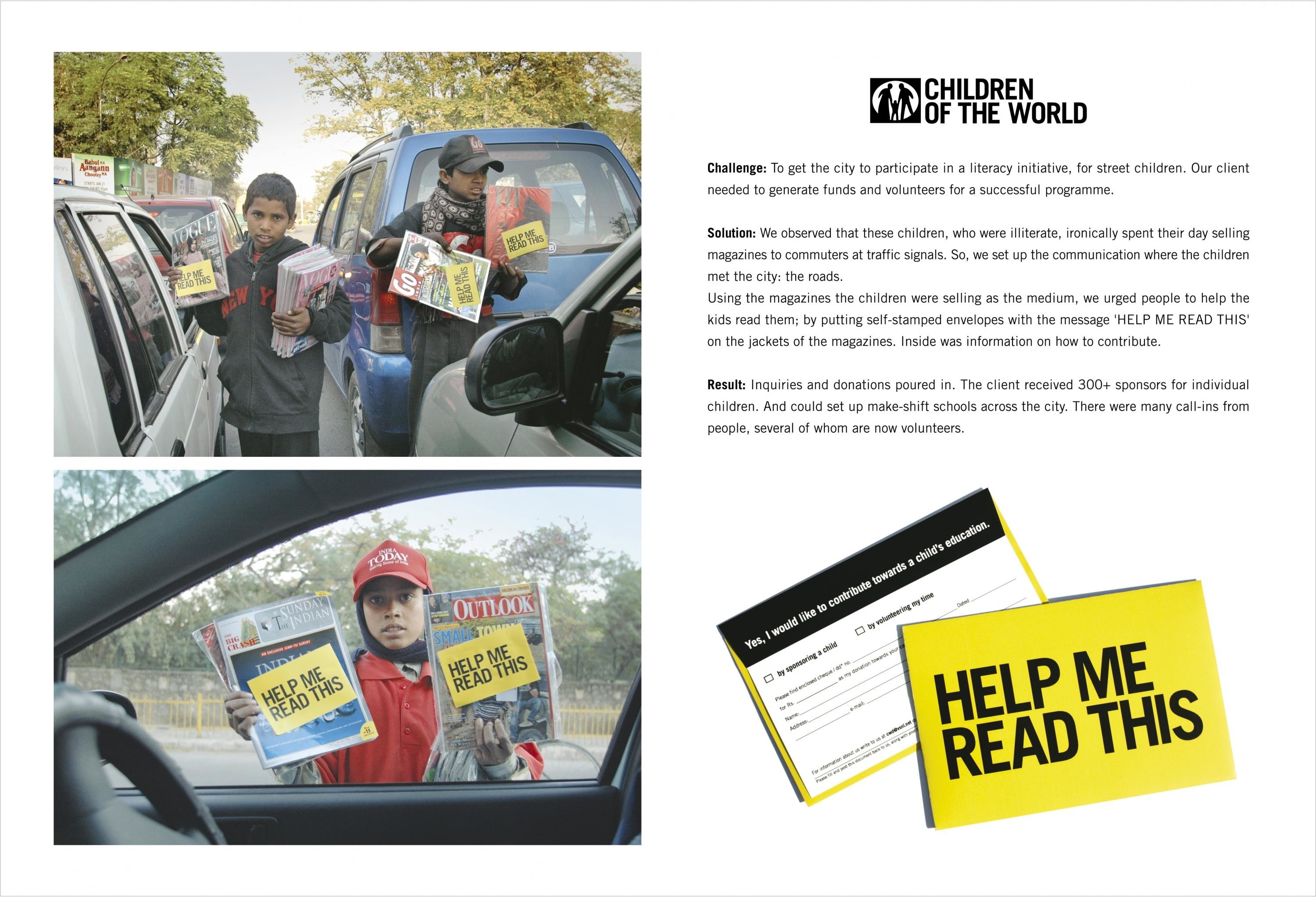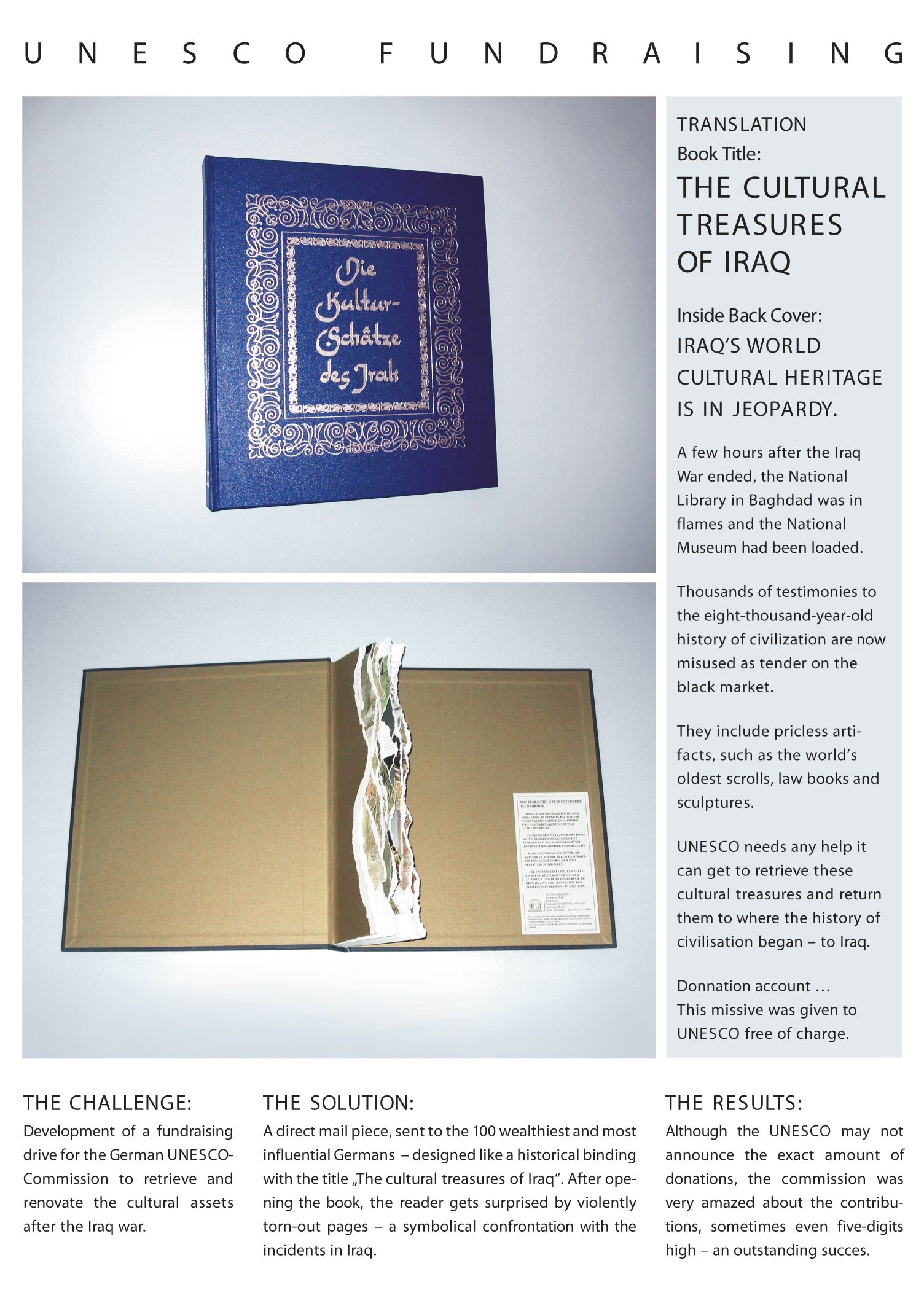Cannes Lions
Do You See Me?
WEBER SHANDWICK, Sao Paulo / UNESCO / 2024


Overview
Entries
Credits
OVERVIEW
Background
UNESCO is a specialized agency devoted to promoting international cooperation in education, science, culture, and communication to foster global peace and security. With a commitment to human rights and social justice, UNESCO sensed the urgent need to address the escalating issue of violence against the elderly, aiming to uphold their dignity and well-being in society.
Partnering with the Secretary of Elderly Rights, UNESCO embarked on a collaborative effort to ensure that the pressing needs of the elderly received the attention and commitment necessary for meaningful change at the highest levels of governance. By advocating for the reinstatement of support services and community interventions, we sought to address the urgent need for change.
Idea
We aimed for the audience to empathize and understand, on a personal level, how society often embraces the stereotypical image of a healthy and happy elderly person, yet overlooks those in need.
To convey this message, we utilized a timely tool: Artificial Intelligence. This allowed us to confront two contrasting realities—the idealized image we admire and the often-dismissed reality. Do we truly see these individuals? Or do we selectively acknowledge only the aspects we prefer?
The central message is key to reference the past years of neglection while teasing the current batch of politicians, the ones with the power to take action right now: "Do You See Me?"
Strategy
The strategy was built upon four key pillars:
Firstly, the statistics. In the initial three months of 2023, there were 34,000 reports of violence against the elderly, including over 200,000 cases of abuse. These are some of the terrifying numbers that needed to be exposed.
Secondly, the "ephemeris". June 15th marks Elder Abuse Awareness Day, with the entire month designated as #PurpleJune to amplify awareness on this issue.
Thirdly, a flagship event. A significant gathering was organized for the occasion, featuring prominent figures from Brazilian politics, presenting an ideal opportunity to engage with the appropriate audience.
Lastly, leveraging artificial intelligence (AI). Beyond its creative potential, the utilization of AI, still relatively novel at the time, heightened public interest and involvement, enhancing the campaign's impact.
This PR strategy combines data, timing, events, and technology for maximum impact.
Execution
The first phase involved creating three compelling videos, each shedding light on a different form of elder abuse: physical, emotional, and financial. All of them utilized AI to enhance engagement. A fourth, longer video was then produced to summarize the others and provide additional information.
These videos were initially presented at internal strategic meetings by the Secretary team to emphasize the importance of the campaign's theme. They quickly began yielding results, capturing the attention of influential figures.
When the campaign was showcased at a significant event during the congress, attended by key figures in the Brazilian government, it was presented by Brazilian Minister of Human Rights, Silvio de Almeida - a remarkable achievement in our mission. This ensured the campaign received attention from major media outlets such as TV Globo, which covered the event despite not being scheduled to do so.
Outcome
The "Do You See Me?" campaign has yielded substantial improvements. These include the formulation of the National Plan to Combat Violence against the Elderly and the establishment of the Database and Bulletin of the National Ombudsman for the Elderly, dedicated to monitoring the situation of the elderly throughout Brazil.
Furthermore, the campaign has fortified a range of initiatives:
● Training for Complaints Managers
● Distribution of Reports, Manuals, and Other Materials on Elderly Rights
● First National Conference on the Human Rights of the Elderly, addressing issues of their dignity and rights
● Judicial Policy for the Elderly and Its Intersectionality: A regulatory act to improve the judicial treatment of the elderly
● Viva Mais Cidadania Program: Empowering the citizenship of vulnerable elderly individuals, covering education, health, and access to benefits
● Political Training and Digital Literacy: Programs to educate the elderly on human rights and citizenship, including digital skills
● National Network of State Managers in Elderly Human Rights: Coordination among states and the Federal District for the protection of the rights of the elderly
All of this was accomplished in under two years, an incredible happening, taking into consideration the time a governmental shift can take to be processed worldwide.
Similar Campaigns
12 items








